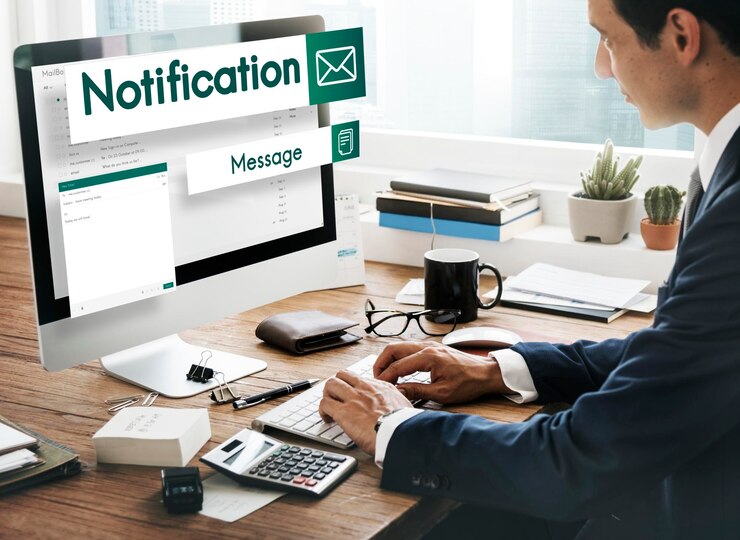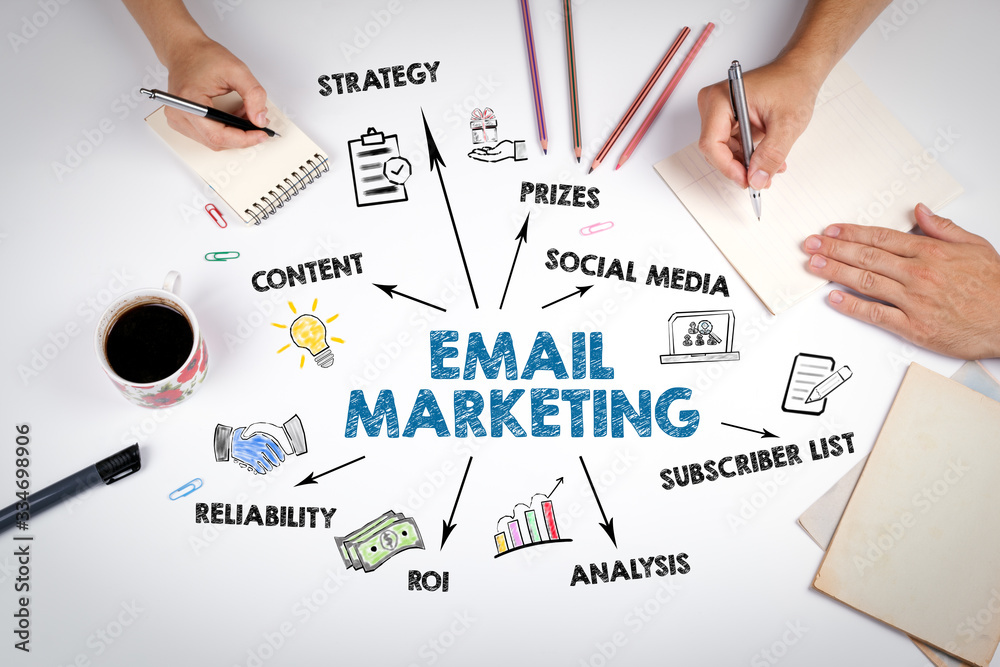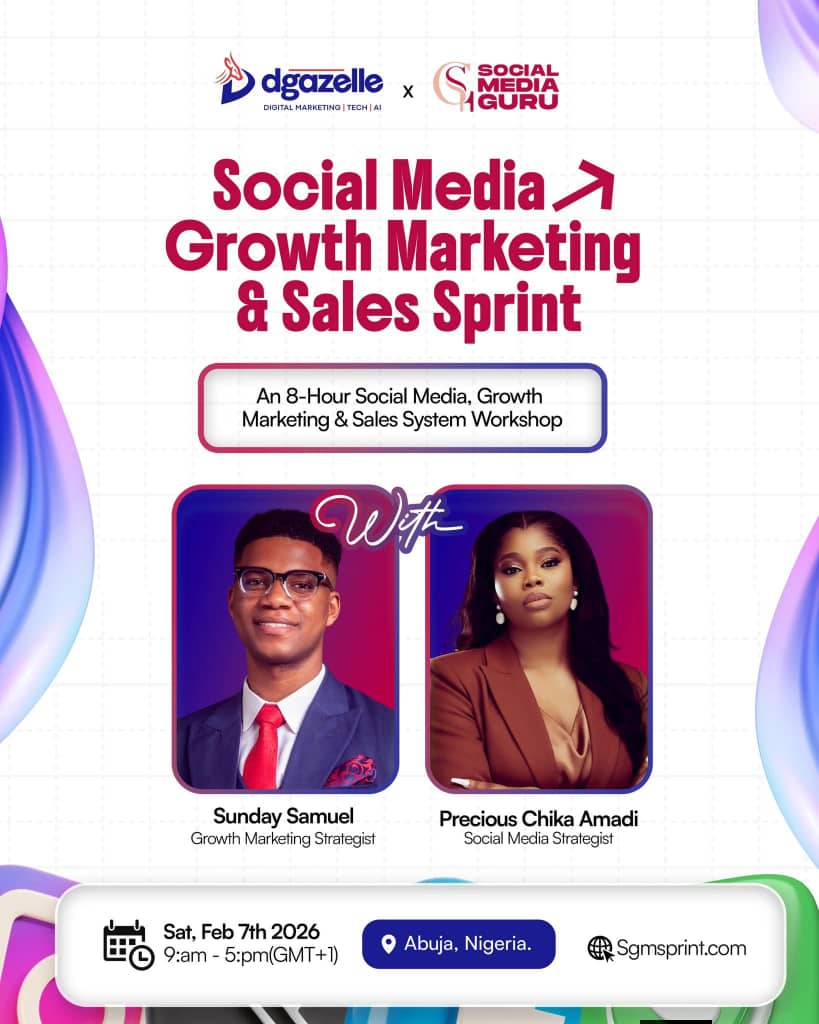Introduction
In the fast-paced world of digital marketing, the landscape is ever-evolving, and staying ahead of the curve is imperative for sustained growth. However, if you find yourself grappling with the challenge of effectively marketing your business through email, you’re not alone. The power of email marketing often remains underestimated, leading to missed opportunities for lead nurturing and conversion.
Many Nigerian SMEs struggle to harness the full potential of email marketing, resulting in missed opportunities to nurture leads and drive conversions. In an era where personalized communication is key, the difficulty in leveraging email marketing to its fullest potential can hinder your business’s growth. The fear of not connecting with your audience in a meaningful way or failing to drive conversions may be holding your marketing efforts back.
This article serves as your guide to unlocking the true potential of email marketing for Nigerian businesses. By the end, you’ll not only understand the nuances of effective email marketing but also discover a compelling offer to help you professionally market your business through this powerful channel. Let’s embark on this journey to transform your email marketing strategy.
The Untapped Potential
Email marketing is not just a tool; it’s a strategic avenue for building lasting relationships with your audience, nurturing leads, and driving conversions. Let’s delve into the untapped potential of email marketing and why it’s a game-changer for Nigerian SMEs.
1. Direct and Personalized Communication
Email allows you to speak directly to your audience in a personalized manner. With the ability to segment your email list based on demographics, preferences, and behaviors, you can tailor your messages to resonate with different segments of your audience, fostering a deeper connection.
2. Lead Nurturing: Building Relationships Over Time
Successful marketing is not just about the immediate sale; it’s about building relationships over time. Email marketing excels at lead nurturing by providing a consistent touchpoint for your audience. Through carefully crafted content and strategic email campaigns, you can guide leads through the buyer’s journey, building trust and loyalty.

Email notification | Image by rawpixel.com on Freepik
3. Cost-Effective Marketing Strategy
In comparison to traditional marketing channels, email marketing is cost-effective. It allows you to reach a large audience with minimal expenses, making it an ideal solution for SMEs with budget constraints. The return on investment (ROI) from well-executed email campaigns can be substantial.
4. Data-Driven Insights for Optimization
Email marketing platforms offer robust analytics, providing valuable insights into the performance of your campaigns. From open rates to click-through rates and conversion rates, you can gather data that helps you understand what resonates with your audience. This data-driven approach allows for continuous optimization of your email marketing strategy.
5. Automation for Efficiency
Time is a precious resource for SME owners. Email marketing automation streamlines repetitive tasks, allowing you to schedule and send emails at optimal times, trigger personalized responses based on user behavior, and nurture leads without constant manual intervention. This efficiency is a game-changer for businesses with limited resources.
The Challenges of Ineffective Email Marketing
Before diving into the strategies for effective email marketing, let’s address the common challenges that SMEs face when their email marketing efforts fall short.
1. Low Open Rates:
If your emails are not being opened, your message remains unheard. Low open rates are often a result of unappealing subject lines, irrelevant content, or poor timing. Overcoming this challenge requires a strategic approach to crafting compelling subject lines and providing valuable content.
2. High Unsubscribe Rates:
A surge in unsubscribe rates signals that your audience is disengaged or finding your content irrelevant. This challenge can be mitigated by understanding your audience’s preferences, segmenting your email list effectively, and delivering content that aligns with their interests.
3. Lack of Personalization:
Generic, one-size-fits-all emails are less likely to resonate with your audience. The lack of personalization can result in disengagement. Overcoming this challenge involves leveraging data to segment your audience and delivering tailored content that speaks to their individual needs and preferences.
4. Ineffective Call-to-Action (CTA):
The ultimate goal of email marketing is to drive specific actions, whether it’s making a purchase, signing up for a webinar, or downloading a resource. If your emails lack clear and compelling calls-to-action, achieving conversions becomes challenging. Crafting effective CTAs involves clarity, urgency, and relevance to your audience.
Ready to transform your email marketing strategy and professionally market your business? Our team specializes in crafting compelling email campaigns that nurture leads and drive conversions. Contact us to discuss how we can help elevate your email marketing efforts.
Crafting an Effective Email Marketing Strategy
Now that we’ve identified the challenges, let’s delve into the strategies that can transform your email marketing efforts into a powerful driver of leads and conversions.
1. Build a Targeted Email List:
The foundation of effective email marketing is a well-curated email list. Instead of focusing solely on quantity, prioritize quality by segmenting your list based on demographics, preferences, and behaviors. This allows you to deliver targeted content that resonates with specific segments of your audience.
2. Craft Compelling Subject Lines:
The subject line is your email’s first impression, and it plays a crucial role in determining whether your email gets opened. Craft compelling subject lines that are clear, concise, and evoke curiosity or urgency. A well-crafted subject line sets the tone for the content inside.
3. Personalize Your Content:
Personalization goes beyond addressing your recipient by their name. Leverage data to deliver content that aligns with the recipient’s preferences, behaviors, and past interactions with your brand. Whether it’s product recommendations, exclusive offers, or relevant updates, personalized content enhances engagement.
4. Provide Valuable Content:
Your emails should provide tangible value to your audience. Whether it’s educational content, exclusive promotions, or industry insights, every email should offer something that makes your audience look forward to hearing from you. Valuable content builds trust and positions your brand as an authority in your industry.
5. Optimize for Mobile Devices:
With a significant portion of email opens happening on mobile devices, it’s crucial to optimize your emails for mobile viewing. Ensure that your emails are mobile-responsive, with clear layouts, easy navigation, and compelling visuals that retain their impact on smaller screens.

Email marketing strategy | By STOATPHOTO
6. Utilize Email Marketing Automation:
Automation streamlines your email marketing processes, allowing you to deliver timely and relevant messages without constant manual intervention. Set up automated workflows based on user behavior, such as welcome sequences, abandoned cart emails, or post-purchase follow-ups.
7. Test and Iterate:
A/B testing is a powerful tool for optimizing your email campaigns. Test different elements such as subject lines, content, images, and CTAs to identify what resonates best with your audience. Use the insights gained to refine and improve your future campaigns.
The Professional Touch: Elevating Your Email Marketing
While the strategies mentioned above are fundamental, the professional touch can make a significant difference in the effectiveness of your email marketing efforts.
1. Custom Email Designs:
A professionally designed email captures attention and reinforces your brand identity. Custom email designs tailored to your brand aesthetic create a cohesive and memorable experience for your audience.
2. Personalized Email Campaigns:
Go beyond basic personalization by creating highly targeted and personalized email campaigns. Understand your audience’s preferences and behaviors to deliver content that speaks directly to their needs and interests.
3. Strategic Email Sequences:
Crafting strategic email sequences that guide leads through the buyer’s journey requires a nuanced understanding of your audience. Professional support ensures that your email sequences are not only well-timed but also deliver the right messages at each stage of the customer lifecycle.
Ready to transform your email marketing strategy and professionally market your business? Our team specializes in crafting compelling email campaigns that nurture leads and drive conversions. Contact us to discuss how we can help elevate your email marketing efforts.
Conclusion
As a Nigerian SME business owner, recognizing the untapped potential of email marketing and addressing the challenges head-on is the key to unlocking sustained growth. Email marketing is not just about sending messages; it’s about nurturing leads, building relationships, and driving conversions.
Don’t let the complexities of email marketing hold your business back. Reach out to us today to discuss how we can help you professionally market your business through compelling email campaigns. Your journey to transforming your email marketing strategy and driving meaningful results begins here.






